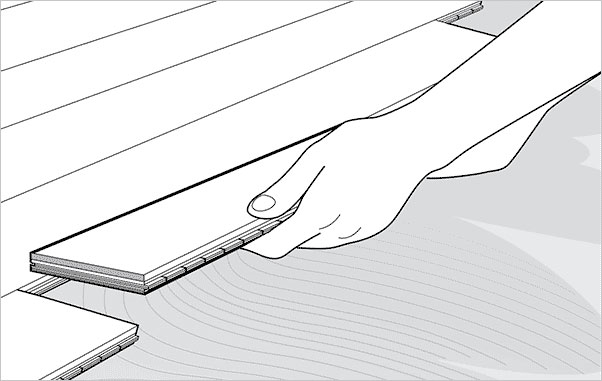Engineered Wood Flooring
March 2, 2019
As a homeowner, flooring is an investment. Choosing the proper flooring will make a substantial impact not only on the look you are trying to achieve for your home, but the sustainability of your floors over time. It is important to become knowledgeable about the various flooring options that are available, as different types of hardwood will vary in quality and performance.
What Is Engineered Hardwood Flooring?
Engineered hardwood is made of genuine wood through a process involving the use of heat and pressure to bond layers of wood together. The core is essentially made of either hardwood or plywood, with a layer of hardwood veneer glued to the surface with an adhesive. Engineered hardwood can be used over concrete in certain conditions, unlike solid hardwood.
Solid Hardwood Vs. Engineered Hardwood
Engineered hardwood is incredibly popular for its versatility and easy installation. Compared to hardwood, engineered hardwood is considered more resilient and strong. It is more resilient against warping and cupping, as well as less affected by humidity – in terms of moisture and heat. Engineered hardwood tends to not shrink or expand.
Engineered hardwood can be installed on any level of the home, making it a feasible option for bathrooms and basements. Compared to hardwood, it is much easier to install and can be a more cost-effective flooring option depending on the quality and type of wood that will be used.
Though it is resistant to humidity, it is advised to not mop with water over engineered hardwood or any type of hardwood.In doing so, the water could cause damage to the foundation underneath your flooring.
